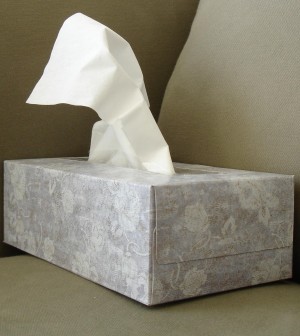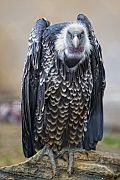- Could Your Grocery Store Meat Be Causing Recurring UTIs?
- Are You Making This Expensive Thermostat Error This Winter?
- Recognizing the Signs of Hypothyroidism
- 10 Strategies to Overcome Insomnia
- Could Artificial Sweeteners Be Aging the Brain Faster?
- Techniques for Soothing Your Nervous System
- Does the Water in Your House Smell Funny? Here’s Why
- Can a Daily Dose of Apple Cider Vinegar Actually Aid Weight Loss?
- 6 Health Beverages That Can Actually Spike Your Blood Sugar
- Treatment Options for Social Anxiety Disorder
Study Uncovers Vultures’ Gastronomical Secrets


Vultures have developed highly specialized ways of dealing with the toxic bacteria they ingest when eating dead animals, researchers report.
The new research investigated the different types of bacteria found on the faces and in the guts of 50 turkey vultures and black vultures in the United States. On average, the faces of the vultures had more than 500 different types of microorganisms, compared with 76 in their guts, the study found.
The findings suggest that a vulture’s digestive system destroys most of the dangerous bacteria they consume, according to the researchers.
The birds — who regularly consume decaying flesh — also have a tolerance towards some of the deadly bugs, the researchers noted. In addition, they said some species of bacteria that could kill other animals appear to flourish in the vulture’s lower intestine.
The toxic bacteria residing in the vulture’s lower intestine break down the dead meat, providing the bird with important nutrients, the scientists explained.
The study was published Nov. 25 in Nature Communications.
More information
The Cornell Lab of Ornithology has more about turkey vultures.
Source: HealthDay
Copyright © 2026 HealthDay. All rights reserved.










